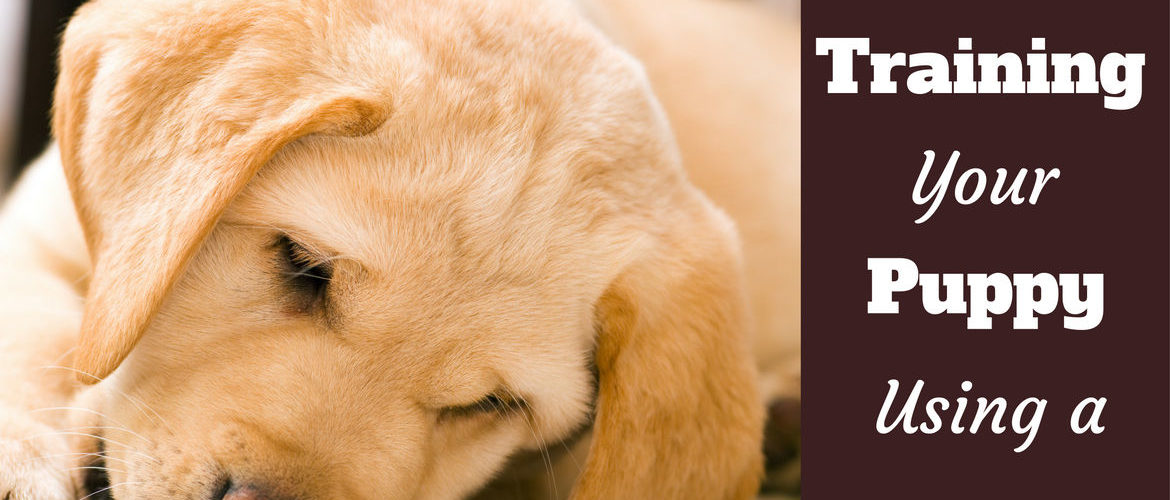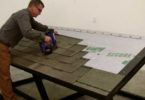Puppies are sweet, adorable, loving DESTRUCTION! Without proper training, they’ll tear your house apart, make a mess on your floor, and teach you to do their bidding. However, it’s best to stop any bad habits before they become routine. It takes patience, practice and love.
Before you bring your puppy home, buy him a crate. There are plastic crates and metal wire crates that fold up. They’re both fine for the job. Make sure your puppy will be able to stand and turn around when inside the crate as an adult. Put a pillow or blanket inside, along with a chew toy. Leave the door open. Let the dog’s curiosity draw him to the crate.
Upon the dog’s arrival, take him outdoors immediately and let him become familiar with the yard. He’ll likely relieve himself. When he does, praise him. Take him outside every hour. Record the times he eliminates and note whether he urinates or defecates. After a few days, you’ll plainly see a pattern. Until their bladders grow, puppies need to potty 6 times daily. You might want to say “make” or “pee” while he’s going, to associate that word and that activity. Then when he whines, say the word and see if he reacts. Dogs associate words quickly.
For the first months, allow your puppy to sleep in your bedroom. Don’t worry about the crate at this point. Let him sleep in the bed for the first few nights so he’ll wake you if he needs to go out. When you get used to his schedule, move him to the floor. By now, he should have explored the crate and realized it was a nice place to go, especially if he finds toys and treats there.
Don’t force your puppy into the crate. Let him discover it and make it his crib. He knows you have a bed and he’ll know this is his bed too. Most dogs will go there when it’s time to sleep for the night. Wait until he nods off to close the door.
Never use the crate for punishment; always make it a happy place. Don’t go overboard on the treats or he’ll demand them all the time. Unless he has unpleasant memories, your dog will love his crate. He will not want to eliminate there because it’s his home. As his bladder grows, he’ll be able to stay in the crate for longer periods.
Until your dog is eight to ten weeks old, you may need to set your alarm at night to get him outside on time. This is similar to a night-time infant feeding, but quicker. At around 12 weeks, the dog should let you know when it’s time to go outside on his own.
A dog can’t stay in the crate while you work and while you sleep. If you are gone during the days, crate the dog then, but let him sleep in a bed on your bedroom floor at night, after you’ve adapted to his schedule. When he has an accident, show your displeasure but don’t strike the dog. That will only scare him. If you catch him in the act, scold the dog in a harsh tone while looking at him. Dogs associate facial expression with approval or disapproval.
Your dog wants to please you. You make his life good. You’re the spring from whence good things flow. When given the option, he’ll choose to make you happy.
For more data on training your dog, visit: Winnebago, Dog Tricks 101



